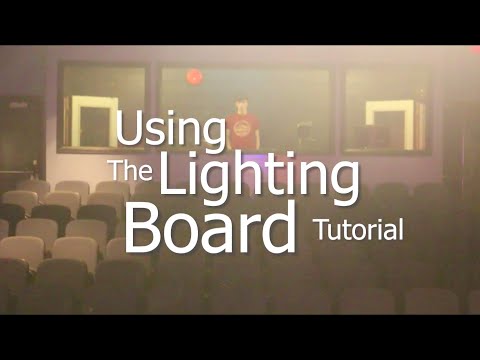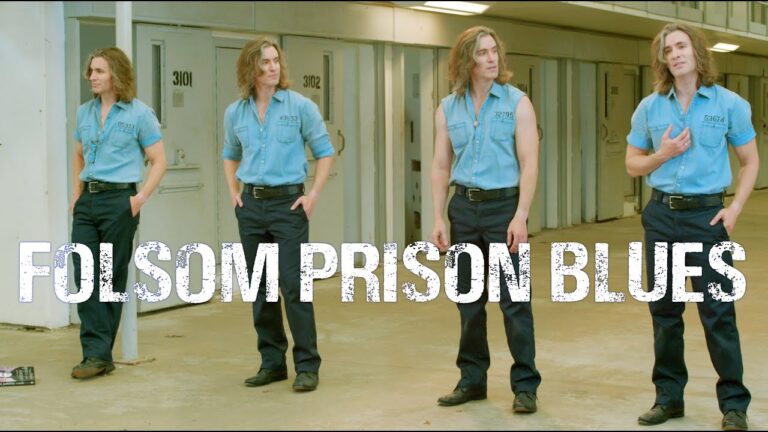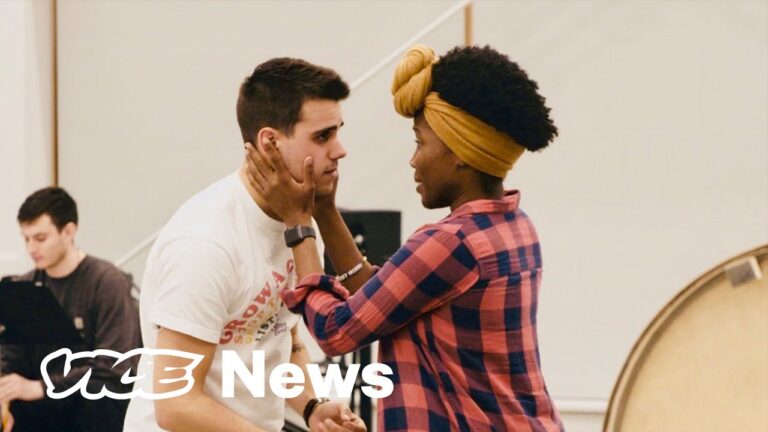Light Board Operator: Job Description and Salary

Light Board Operator Job Description Template
Light Board Operator Job Description A light board operator is responsible for controlling and operating the lighting equipment during live performances, concerts, theater productions, or other events. They work closely with lighting designers to ensure that the lighting effects are executed smoothly and accurately. This role is crucial in setting the atmosphere and enhancing the visual aspects of a performance. The primary responsibilities of a light board operator include setting up and programming lighting consoles, creating and executing lighting cues, adjusting light levels and colors according to the requirements of the production, and troubleshooting any technical issues that may arise during the event. They must have a deep understanding of lighting equipment, including dimmers, fixtures, and control systems, and be able to operate them effectively. In addition to technical skills, a light board operator must also possess good communication and teamwork skills. They work closely with other members of the production team, such as sound technicians, stage managers, and directors, to ensure that the lighting effects align with the overall vision of the performance. Attention to detail and the ability to work under pressure are also important qualities for a light board operator. They must be able to quickly make adjustments and react to changes in real-time, ensuring that the lighting cues and effects are executed flawlessly. Overall, a light board operator plays a crucial role in creating the visual ambiance and atmosphere of a live performance or event. Their technical expertise, coordination with the production team, and ability to adapt to changing circumstances are essential for a successful and visually captivating production.Light Board Operator Responsibilities
Light Board Operator Requirements
How Much Does A Light Board Operator Make?
Light Board Operator Salary
| City | Salary |
|---|---|
| New York City, NY | $45,000 |
| Los Angeles, CA | $40,000 |
| Chicago, IL | $38,000 |
| Houston, TX | $35,000 |
| Miami, FL | $33,000 |
A Light Board Operator is responsible for operating and controlling the lighting equipment during live performances, concerts, and events. They work closely with lighting designers and technicians to ensure the proper execution of lighting cues and effects. The salary of a Light Board Operator can vary depending on factors such as location, experience, and the size of the production. The table above provides an overview of the average salaries for Light Board Operators in different cities across the United States. It is important to note that these figures are approximate and can vary based on individual circumstances.
Light Board Operator Salaries by Country
Top Paying Countries for Light Board Operator
| Country | Average Salary (USD) |
|---|---|
| United States | 55,000 |
| Switzerland | 50,000 |
| United Kingdom | 45,000 |
| Australia | 42,000 |
| Canada | 40,000 |
A light board operator is responsible for controlling and operating the lighting systems in various entertainment venues, such as theaters, concerts, or events. The salary of a light board operator can vary depending on the country they work in. According to the data above, the top paying countries for light board operators are the United States, Switzerland, United Kingdom, Australia, and Canada. These countries offer higher average salaries for professionals in this field. It’s important to note that these figures may vary based on factors such as experience, qualifications, and the specific industry within which the light board operator works.
A video on the topic Light Board Operator
Video Source : Kevino’s BurgersInterview Questions for Light Board Operator
1. What is the role of a Light Board Operator?
A Light Board Operator is responsible for operating and controlling the lighting equipment during live performances, theatrical productions, or events. They work closely with the lighting designer and director to achieve the desired lighting effects.
2. What skills are important for a Light Board Operator?
Important skills for a Light Board Operator include a strong understanding of lighting equipment and techniques, the ability to follow cues and directions, good communication skills, attention to detail, and the ability to work well under pressure.
3. How do you ensure that the lighting cues are executed accurately?
To ensure accurate execution of lighting cues, I carefully review the script and cues beforehand, work closely with the lighting designer and director to understand their vision, and practice cue sequences during rehearsals. Additionally, I double-check the cue list and make any necessary adjustments to ensure proper timing and execution.
4. Can you describe your experience with different lighting consoles?
I am experienced with a variety of lighting consoles, including popular models like ETC Ion, GrandMA2, and Avolites. I have successfully operated these consoles for numerous events and productions, and I am comfortable navigating their interfaces and programming cues.
5. How do you troubleshoot lighting equipment malfunctions?
When faced with lighting equipment malfunctions, I first check the power supply and connections to ensure everything is properly connected. If the issue persists, I consult the technical manual or seek assistance from the lighting technician or the equipment manufacturer. It is important to maintain composure and quickly find a solution to minimize disruption to the production.
6. How do you collaborate with the lighting designer and director?
I collaborate closely with the lighting designer and director by attending production meetings to understand their vision and requirements. I discuss lighting cues, effects, and any specific requirements they may have. During rehearsals, I work closely with them to ensure the lighting enhances the overall production and meets their expectations.
7. Can you give an example of a challenging lighting situation you have faced and how you resolved it?
During a live concert, there was a sudden power outage that affected the lighting equipment. As a backup plan, I quickly switched to a secondary power source and adjusted the lighting cues to compensate for the loss of power. I communicated the situation to the lighting designer and director, who appreciated my quick thinking and adaptability.
8. How do you stay updated on the latest lighting equipment and techniques?
To stay updated on the latest lighting equipment and techniques, I regularly attend workshops, seminars, and trade shows related to lighting design and operation. I also follow industry publications, online forums, and social media groups where professionals share their experiences and insights.
9. How do you handle the pressure of live performances or events?
I handle the pressure of live performances or events by being well-prepared and organized. I rehearse cue sequences thoroughly and familiarize myself with the script or event schedule. I remain calm and focused during the event, relying on my experience and training to execute cues accurately. If any unexpected issues arise, I quickly adapt and find solutions while maintaining clear communication with the rest of the production team.
10. What do you enjoy most about being a Light Board Operator?
What I enjoy most about being a Light Board Operator is the opportunity to contribute to the overall atmosphere and impact of a production or event. I take pride in using my skills to enhance the visual experience for the audience and support the artistic vision of the lighting designer and director.






